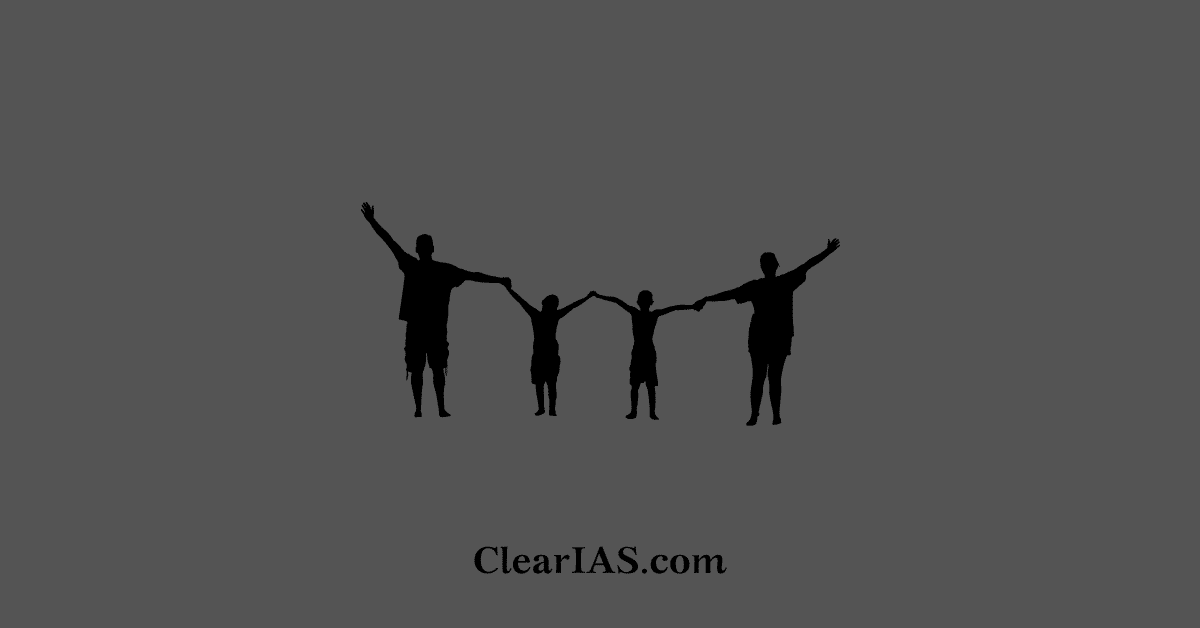
What is Inter-State Council? What is National Development Council? What are the differences between them? Read further to know.
India, being a federal republic, needs coordination between the Center and the States in many political, administrative, and governance affairs.
In order to avoid conflicts, the division of powers is clearly specified through the three lists in Schedule 7 ie. Union list, State list, and Concurrent List.
Inter-State Council and National Development Council are other mechanisms/ discussion platforms for conflict resolution between the Center and States.
Inter-State Council
- Constitutional Body – Article 263.
- Based on the Sarkaria Commission recommendation(1983).
- Formed in 1990.
- Investigate and discuss the subjects of common interest between the Union and State(s) or among the States.
- The present composition of the Inter-State Council is as follows:
- Prime Minister (Chairman).
- Chief Ministers of all States.
- Chief Ministers of Union Territories having a Legislative Assembly and Administrators of UTs not having a Legislative Assembly and Governors of States under President’s Rule (Governor’s Rule in the case of J&K).
- Six Ministers of Cabinet rank in the Union Council of Ministers to be nominated by the Prime Minister.
- Four Ministers of Cabinet rank as Permanent invitees.
To know more about, Inter-State Council click here
National Development Council
- Non-constitutional and non-statutory.
- Also known as Rashtriya Vikas Parishad.
- It was set up on August 6, 1952.
- NDC’s objective is to strengthen and mobilize the effort and resources of the nation in support of the Plan.
- The National Development Council is presided over by the Prime Minister of India and includes all Union Ministers, Chief Ministers of all the States, and Administrators of Union Territories and Members of the Planning Commission. Ministers of State with independent charge are also invited to the deliberations of the Council.
Other initiatives for Inter-State Co-operation
The zonal council is another statutory body for inter-state co-operation. You may also note River Water Tribunals. Niti Aayog is a non statutory and non constitutional body established for ensuring competitive and cooperative federalism. Aspirants are also asked to go through in detail Sarkaria commission recommendations and Punchi commission recommendations.






Whether NDC is still alive, can you add a brief description on present status of NDC